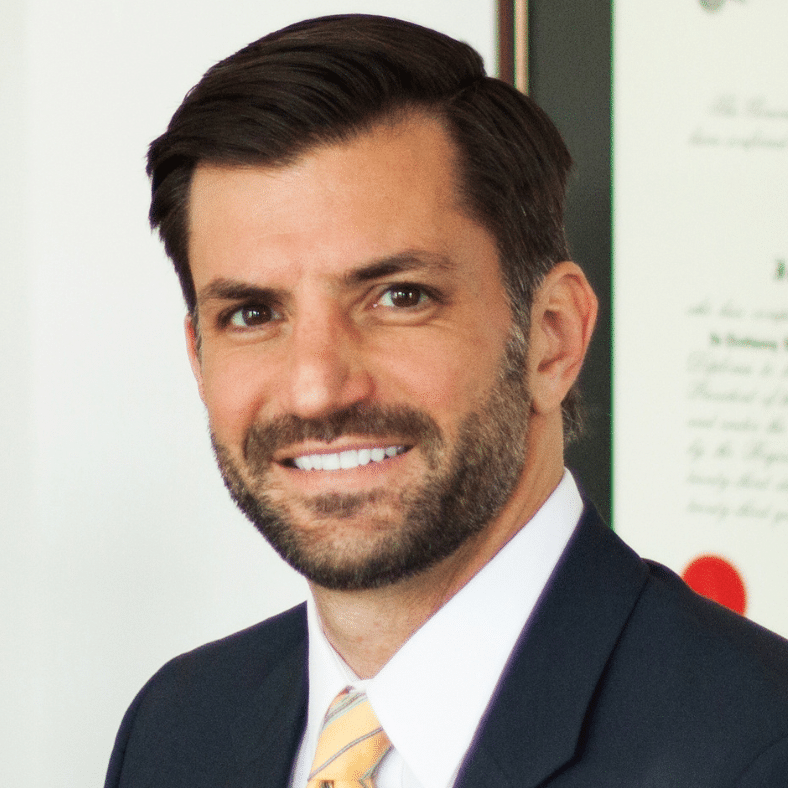Bulimia Treatment in Los Angeles
- Los Angeles Mental Health Treatment
- Eating Disorder Rehab in Los Angeles
- Bulimia Treatment in Los Angeles
Bulimia nervosa, commonly known as bulimia, is mental health disorder characterized by uncontrollable binge eating past the feeling of fullness.
Call Us when you Need Help!
Bulimia Treatment in Los Angeles
Bulimia nervosa is a complex and serious eating disorder that affects individuals of all ages, genders, and backgrounds.
The past-year prevalence of bulimia nervosa among adults was 0.3%, with the disorder being five times more common in females (0.5%) than in males (0.1%). Among those with bulimia nervosa, 78% experienced some level of impairment in daily functioning, while 43.9% faced severe impairment.
At The Meadowglade in Los Angeles, we understand the profound challenges faced by those struggling with bulimia, as well as the deep emotional and psychological pain it often entails. Our compassionate and evidence-based approach provides a path toward lasting recovery, addressing not only the symptoms of bulimia but also the underlying factors contributing to the disorder.
Learn more about our Los Angeles eating disorder treatment programs or call us at 888-272-2062.
What Is Bulimia Nervosa?
Bulimia nervosa, often referred to simply as bulimia, is a complex eating disorder characterized by recurring cycles of binge eating—consuming large quantities of food in a short period—followed by compensatory behaviors aimed at preventing weight gain. These behaviors can include self-induced vomiting, excessive exercise, or the misuse of laxatives, diuretics, or other medications. This cycle is typically driven by an intense fear of weight gain, a distorted body image, and feelings of being out of control during episodes of binging.
Unlike other eating disorders, individuals with bulimia often maintain a normal weight or even appear outwardly healthy, which can make the disorder more difficult to detect by family, friends, and even healthcare professionals. This hidden nature of bulimia adds to the feelings of shame and secrecy commonly experienced by those struggling with the disorder.
You are not alone. You deserve to get help.
The Meadowglade is an industry leader in mental health treatment. Our team of top medical experts specialize in dual diagnosis treatment and are committed to ensuring that each patient is treated as an individual. Call us today, we’re available 24/7.
Our Bulimia Treatment Programs in Los Angeles
- Residential Treatment: Provides a structured and immersive environment where individuals can focus fully on recovery, away from the triggers of daily life.
- Partial Hospitalization Program (PHP): A step-down level of care offering intensive therapy and support during the day, with the flexibility to return home or to supportive housing in the evenings.
- Intensive Outpatient Program (IOP): Ideal for those transitioning from higher levels of care, this program provides focused therapy while allowing individuals to maintain their responsibilities outside of treatment.
- Outpatient Treatment: Offers continued support and therapy for individuals ready to integrate recovery into their everyday lives.
- Supportive Housing: A safe and nurturing living environment for individuals in recovery, promoting accountability and stability.
- Aftercare: Comprehensive post-treatment support to help individuals sustain their recovery and address challenges as they arise.
The Impact of Bulimia
Bulimia takes a toll not only on emotional health but also on physical well-being. Individuals may grapple with feelings of guilt, isolation, and a deep sense of dissatisfaction with themselves. Physically, bulimia can lead to severe complications, including gastrointestinal damage, dental erosion, dehydration, and electrolyte imbalances that can affect heart health.
It is essential to recognize that bulimia is not simply a matter of willpower or vanity; it is a serious mental health condition that requires compassionate and professional care. Seeking treatment can provide the tools and support needed to break free from the cycle of bulimia and begin the journey toward healing and recovery.
Signs and Symptoms of Bulimia
Recognizing the signs and symptoms of bulimia is a critical step in seeking help. If you or a loved one exhibits these symptoms, professional intervention is essential. Early treatment can prevent further physical and emotional harm.
Common indicators include:
- Episodes of binge eating, often in secret, marked by consuming large amounts of food in a short period.
- Feelings of loss of control during binge episodes.
- Engaging in compensatory behaviors, such as vomiting, fasting, or over-exercising.
- Preoccupation with weight, dieting, and body shape.
- Dental problems, such as enamel erosion, caused by frequent vomiting.
- Swollen salivary glands, often noticeable around the jawline.
- Feelings of shame, guilt, or anxiety related to eating behaviors.
Long-Term Effects of Bulimia Nervosa
Without treatment, bulimia can lead to severe and lasting health consequences, including:
- Electrolyte imbalances, which can cause irregular heart rhythms and potentially fatal heart complications.
- Gastrointestinal problems, such as acid reflux, chronic constipation, and damage to the esophagus.
- Severe dehydration and kidney damage.
- Nutritional deficiencies leading to weakened immune function and overall poor health.
- Mental health challenges, including depression, anxiety, and increased risk of substance use disorders.
Addressing bulimia early through a comprehensive treatment program can significantly reduce the risk of these long-term effects and improve overall well-being.
How Is Bulimia Treated?
- Cognitive Behavioral Therapy (CBT): A cornerstone of eating disorder treatment, CBT helps clients identify and challenge negative thought patterns related to body image, self-worth, and eating behaviors.
- Dialectical Behavior Therapy (DBT): This therapy focuses on building emotional regulation and distress tolerance skills to reduce harmful behaviors and promote mindfulness.
- Education and Career Counseling: Providing tools to help clients rebuild their lives outside of treatment, including academic and professional development support.
- EMDR Therapy: Eye Movement Desensitization and Reprocessing is used to address trauma and distressing memories that may contribute to disordered eating behaviors.
- Equine Therapy: Facilitates emotional healing and growth by fostering connections with animals, promoting self-awareness, and building trust.
- Family Therapy: Encourages healthy communication and understanding within the family unit, creating a supportive environment for recovery.
- Holistic Therapy: Includes activities such as yoga, meditation, and mindfulness to promote self-compassion and a deeper connection between mind and body.
- Stress Reduction Therapy: Focused on managing stress through relaxation techniques, improving coping skills, and enhancing emotional resilience.
- Psychiatry + Medication Management: Ensures that co-occurring mental health conditions are effectively treated alongside bulimia, using medications when appropriate.
How Effective is Bulimia Treatment in Los Angeles?
The effectiveness of bulimia treatment depends on the quality of care and the commitment of the individual to their recovery journey. At The Meadowglade, our success is rooted in evidence-based practices, a compassionate team of experts, and a supportive healing environment. Many clients achieve significant improvements in their health and quality of life, experiencing reduced symptoms and greater emotional well-being.
Recovery is not a linear process, but with the right support and resources, lasting change is possible. The Meadowglade is dedicated to helping clients build a life free from the grips of bulimia.
Begin Eating Disorder Treatment in Los Angeles Today
If you or someone you love is struggling with bulimia, know that help is available. At The Meadowglade, we are committed to providing compassionate and effective bulimia treatment in Los Angeles. Take the first step toward recovery and contact us today. Your journey to healing and renewal starts here.
Call us now at 888-272-2062 or verify your insurance.
Our Mental Health Specialists
At The Meadowglade, our team of compassionate and experienced mental health professionals is dedicated to providing comprehensive mental health treatment in Los Angeles. Our multidisciplinary team works collaboratively to offer personalized care tailored to each individual’s needs.

Narine Babikian, MHA

Joseph Gulino, MD

Yj Kim, MD
Take A Free Self-Quiz

Yj Kim, MD
Psychiatrist

Haroon Burhanullah, MD
Psychiatrist

Narine Babikian, MHA
Executive Director

Joseph Gulino, MD
Psychiatrist
Table of Contents
Begin Your Journey with Mental Health Treatment in Los Angeles Today
At The Meadowglade, we help you navigate through mental health challenges so that you are able to live a healthy,
happy life.
Click our phone number to call us, or simply request a callback.
6446 Meadowglade Dr, Moorpark, CA 93021







